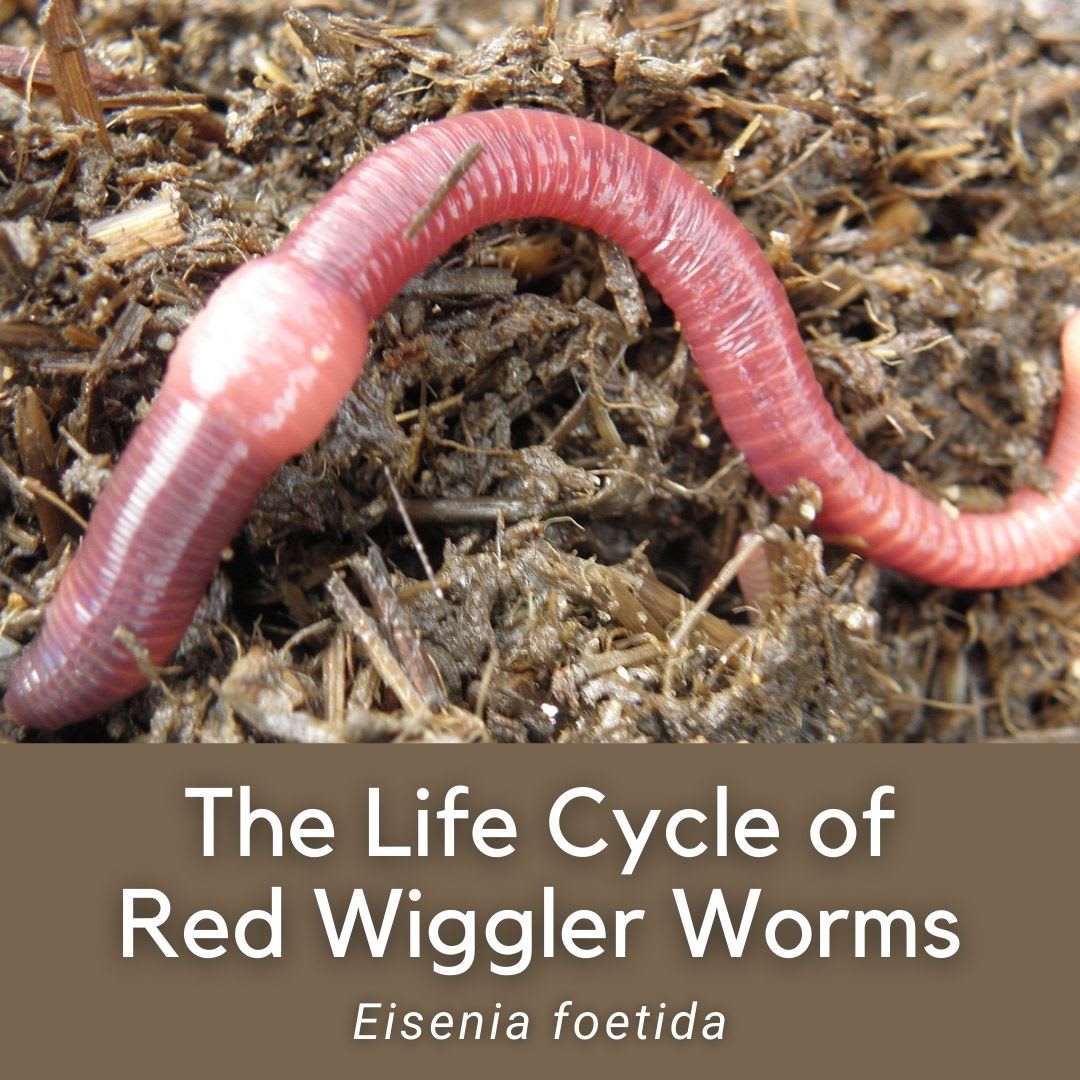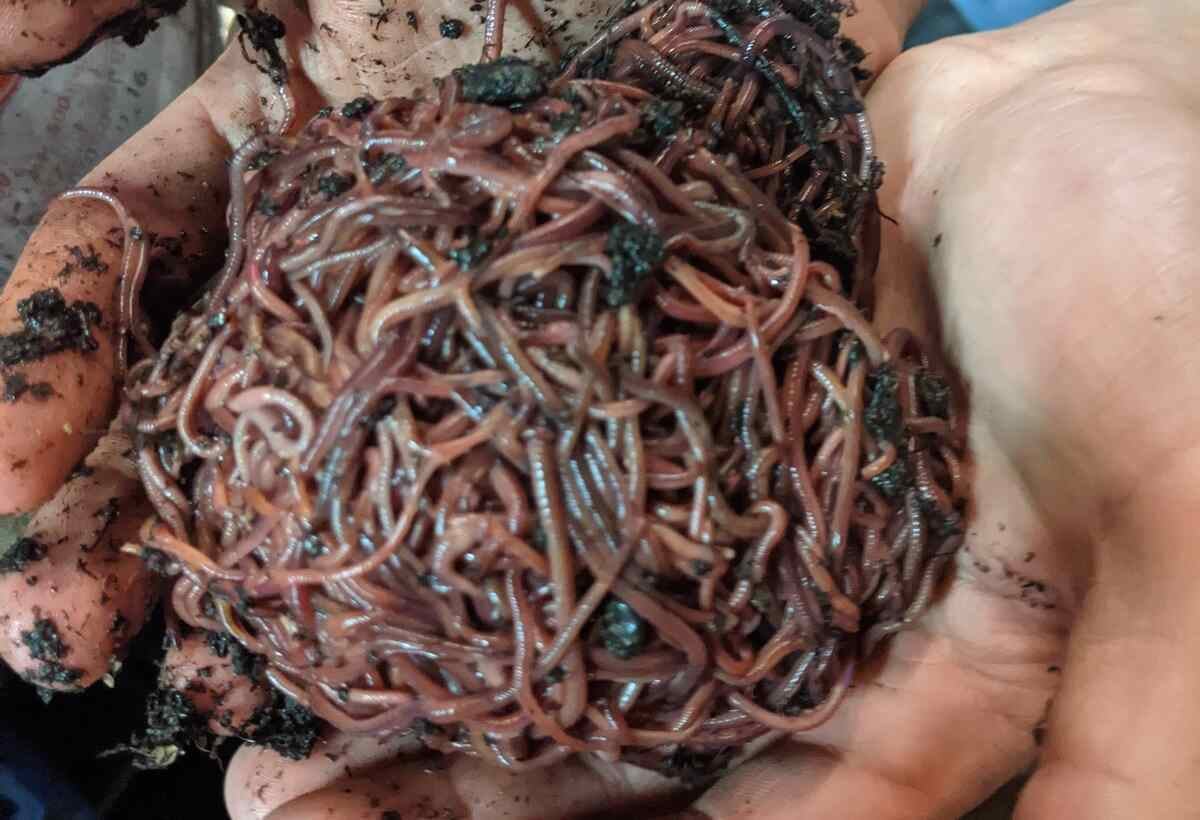Professional Lawn Care Assistance Powered by Lake Hickory Bait for Stunning Results
Professional Lawn Care Assistance Powered by Lake Hickory Bait for Stunning Results
Blog Article
Red Wigglers: The Unsung Heroes of Organic Waste Recycling
Red wigglers, or Eisenia fetida, serve as vital representatives in the natural waste reusing process, changing disposed of products right into useful vermicompost. As the world significantly looks for solutions to fight waste accumulation and boost agricultural performance, recognizing the duty of these worms comes to be vital.
What Are Red Wigglers?
The remarkable strength of red wigglers, medically called Eisenia fetida, underscores their critical role in organic waste recycling. These small, reddish-brown earthworms are typically found in breaking down raw material, such as compost heap and manure loads. Lake Hickory Bait. Unlike various other earthworm varieties, red wigglers grow in nutrient-rich settings and are highly reliable at breaking down organic materials, making them crucial for vermicomposting

(Red Wiggler Express)Along with their duty in waste reduction, red wigglers add to soil wellness by boosting soil structure and aeration via their burrowing activities (Lake Hickory Bait). Their visibility in composting systems not just boosts decay rates however additionally advertises a lasting method to lose monitoring, highlighting their importance in ecological preservation initiatives
Benefits of Composting With Worms
Composting with worms, particularly red wigglers, provides various benefits that boost both waste management and soil health. Initially, these worms effectively break down organic waste, converting it into nutrient-rich vermicompost that enriches dirt. This procedure speeds up decomposition, permitting a faster recycling of kitchen scraps and various other natural products compared to traditional composting methods.
Additionally, the vermicompost produced by red wigglers is bursting with beneficial microbes, which aid enhance soil structure, aeration, and moisture retention. This boosts the general health and wellness of plants, advertising energetic growth and raised returns in gardens and agricultural settings. The usage of worms in composting minimizes the production of greenhouse gases, such as methane, adding to a much more sustainable waste management system.

How to Beginning Vermicomposting
Establishing a vermicomposting system is a straightforward process that can produce significant benefits for both waste administration and dirt enrichment. To start, select a suitable container, such as my explanation a plastic bin or wood box, with appropriate air flow openings to make certain correct air flow. The measurements should ideally be around 2 feet by 3 feet, allowing adequate area for the worms to prosper.
Next, prepare bed linen material, which can contain shredded newspaper, cardboard, or coconut coir. This bedding needs to be moistened to develop an appropriate environment for the worms. When the bed linen is in area, introduce red wigglers (Eisenia fetida) into the container, generally around one pound of worms for each square foot of surface area.
Following the placement of worms, include natural waste, such as vegetables and fruit scraps, coffee grounds, and crushed eggshells. Avoid adding dairy, meat, or oils, as these can produce odors and attract insects. Lastly, position the bin in a shaded, temperature-controlled area to keep optimum problems for worm task. With these steps, you will efficiently initiate a vermicomposting system that adds to sustainable waste monitoring and enhances your soil.
Preserving a Healthy And Balanced Worm Bin
(Red Wiggler Express)Keeping a worm container flourishing calls for routine focus and like make certain the wellness of the red wigglers and the efficiency of the composting procedure. Appropriate upkeep begins with keeping an eye on the moisture levels; the bin needs to perspire yet not waterlogged. An excellent guideline of thumb is to maintain an uniformity comparable to a wrung-out sponge.
Oygenation is important. Delicately mixing the bed linen and food scraps every couple of weeks protects against compaction and makes certain that all worms have accessibility to oxygen. Additionally, it is necessary to feed the worms suitably. A well balanced diet regimen of vegetables and fruit scraps, coffee grounds, and smashed eggshells ought to be offered in moderation to prevent overfeeding, which can result in odors and parasites.
Temperature guideline is an additional vital element. Red wigglers flourish in a variety of 55 to 77 degrees Fahrenheit. If the container comes to be too warm or cool, the worms might come to be worried - Lake Hickory Bait. Regularly inspect for indications of health and wellness, such as worm populace development and the visibility of healthy and balanced spreadings. By faithfully managing these aspects, one can preserve a robust and productive worm bin.
Influence On Lasting Living
The effective maintenance of a worm bin not just profits the health of red wigglers yet also adds significantly to sustainable living methods. By recycling organic waste, such as cooking area scraps and backyard debris, red wigglers assist divert substantial quantities of material from landfills. This reduction in waste not just reduces greenhouse gas exhausts however additionally lessens the ecological concern related to waste monitoring.
Additionally, the castings generated by red wigglers act as a nutrient-rich organic plant food, improving soil wellness and advertising plant growth. This all-natural option to chemical plant foods supports sustainable farming and gardening techniques, minimizing reliance on synthetic inputs that can harm ecosystems. In addition, worm composting fosters recognition of waste management, motivating people and neighborhoods to adopt even more sustainable routines.

Final Thought
In recap, red wigglers offer as vital contributors to organic waste recycling with their reliable disintegration of natural products. Their capacity to create nutrient-rich vermicompost boosts dirt health and supports sustainable agricultural practices. By incorporating vermicomposting right into waste administration techniques, individuals and areas can dramatically decrease waste while advertising ecological sustainability. The function of Eisenia fetida in cultivating healthy ecosystems underscores the importance of these organisms in achieving sustainable living and improving dirt fertility.
Report this page